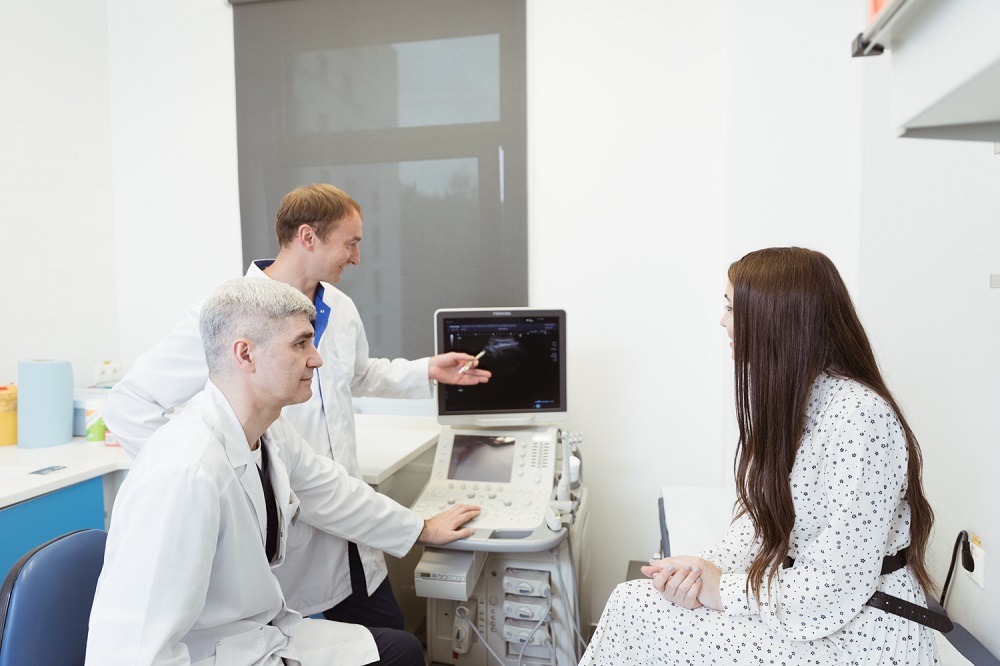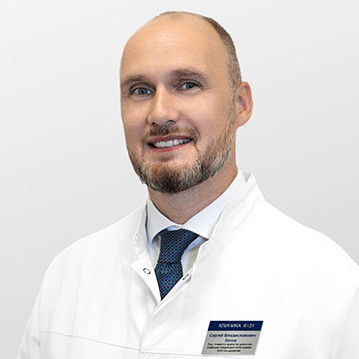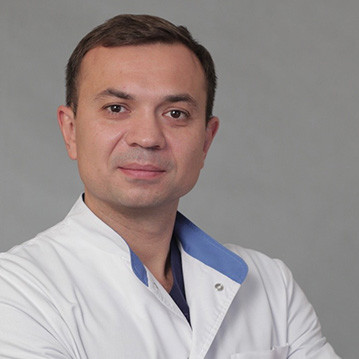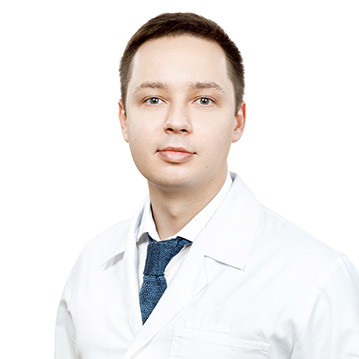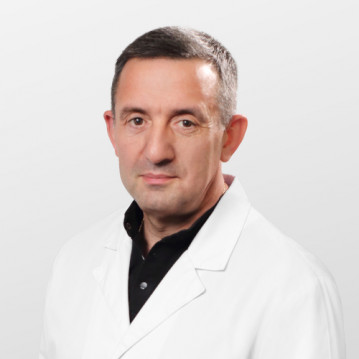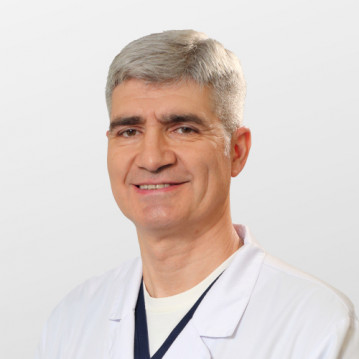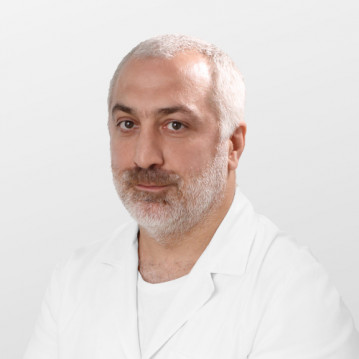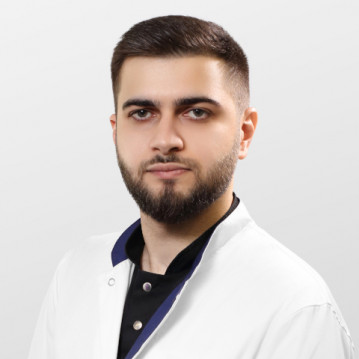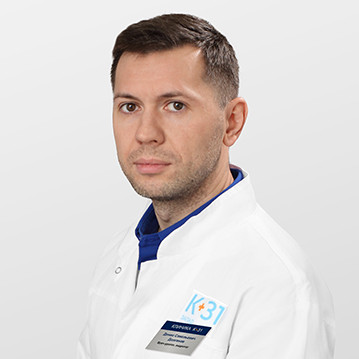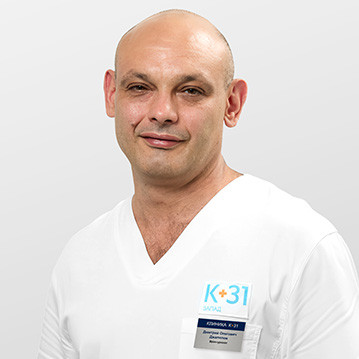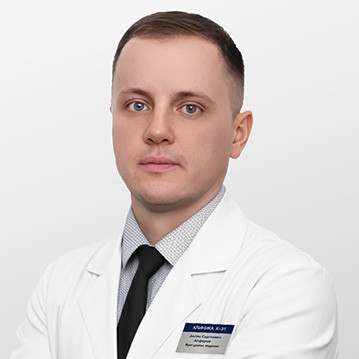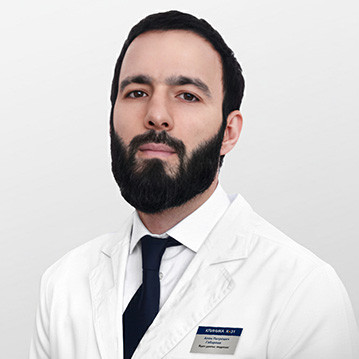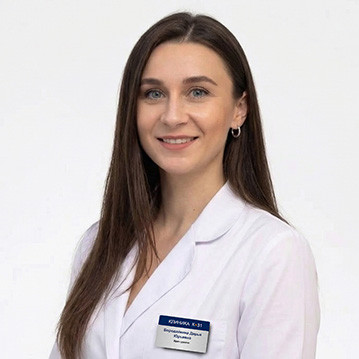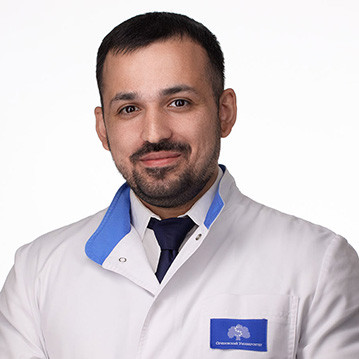
Urological pathologies can be asymptomatic and at the same time significantly worsen the quality of life. And often asymptomatic course of the disease is not uncommon. Therefore, one cannot do without a high-level specialist - a urologist. Timely access to it will allow timely diagnosis of the pathology of the urinary system in women and men, the male reproductive system (epididymis, prostate, kidneys), as well as starting radical or minimally invasive treatment. And here are the pathologies we are talking about:
- Diseases of the prostate.
- Inflammation of the urinary system (pyelonephritis, prostatitis and cystitis).
- Abnormalities in the development of the genitourinary system (we are talking about urethral hypospadias, phimosis, hydronephrosis and other diseases).
- Disorder of urination (urinary incontinence).
- Prostate adenoma.
- Urolithiasis.
The urologist will provide you with the necessary assistance, conduct a detailed examination, and then prescribe treatment.
However, do not forget about preventive examinations. Men over 40 years of age should systematically visit a urologist. Sign up for a consultation with a urologist in Moscow and go through a complete diagnosis of the genitourinary system.
Symptomatics indicating the need to visit a urologist
Women's dangerous symptoms:
- Urinary incontinence during any kind of exertion (lifting weights, coughing, etc.).
- Renal colic.
- Pain in the lower abdomen, as well as in the lumbar region (in this case, the pain can be any - sharp, cramping or pulling).
- Changes in the color of urine (brown, red or pink shades), the appearance of pus or blood in it.
- Disturbances in urination, discomfort (pain, cramps).
- Intolerable urgent and false urge to urinate.
- Frequent urination.
As for men, they should pay attention to the following symptoms:
- Weakened erection.
- Scrotum enlargement
- Decrease, or complete absence of libido.
- Various eruptions on the genitals.
- Changing the color of semen, as well as impurities in it.
- Pain around the anus, scrotum and perineum.
- Burning and cutting in the urethra.
- Reducing the duration of sexual intercourse.
Pain in the genital area is also considered a dangerous symptom. Discomfort can be of varying degrees and nature: aching, sharp, undulating, spasmodic pain. Pain during urination, intercourse, erection or arousal, during ejaculation. In the presence of pathological symptoms, you should consult a urologist.
